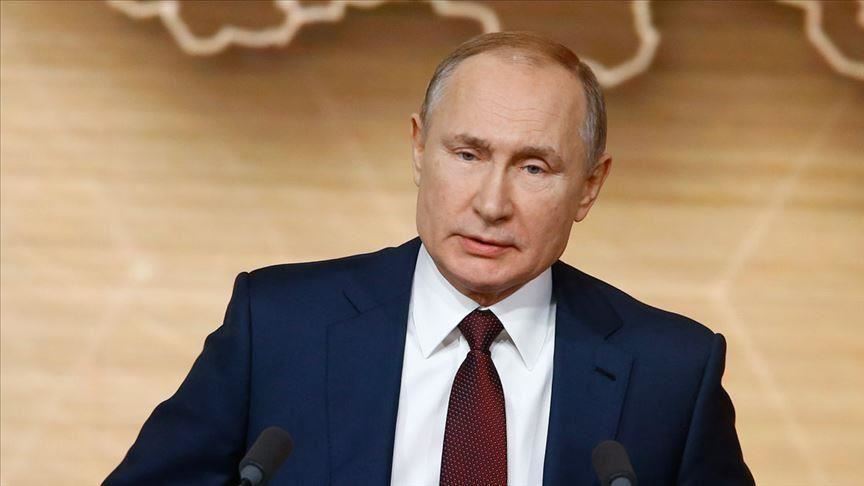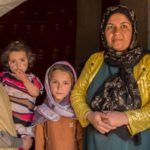Russian President Vladimir Putin proposed Tuesday a new wealth tax starting Jan. 1 to sponsor treatment of rare childhood diseases.
Putin told the nation in a televised address the pandemic has been a great challenge, and although, in general, the Russian health system responded “adequately”, many problems were uncovered.
Particularly, for the children with rare, orphan diseases, whose parents are often incapable of paying for treatment and forced to seek charity.
“I want to thank everyone who responds, and I sincerely want to thank everyone who tries to help. But here we need a systematic, state-based solution. We need to establish a reliable, permanent source of funding. Help should reach every child, every family that has faced such a calamity,” he said.
He advocated raising the tax on personal income of those whose annual earnings exceed 5 million rubles ($70,000) from 13% to 15%. If earnings is 6 million, then 5 million will be subject to a tax at 13% and 1 million will be taxed at 15%.
The new rate will give the budget 60 billion rubles ($850 million) annually, which will be allocated for children with severe and rare diseases, purchase of expensive medicines, medical and rehabilitation equipment and high-tech operations.
“These funds must be protected from any other use,” said Putin.
He also suggested tax benefits for the information technologies sector, a fixed rate for controlled foreign corporation and granting self-employment status to individuals starting at 16 years of age to revive the economy affected by the pandemic.
Putin urged Russians to stay cautious as the virus remains dangerous until a mass production of a COVID-19 vaccine is launched.
The number of infections in Russia closed in on 600,000 Tuesday while recoveries are at more than 356,400. The number of deaths exceed 8,300.
Since originating in China last December, the pandemic has claimed more than 473,800 lives in 188 countries and regions.
More than 9.1 million cases have been reported worldwide, while over 4.5 million patients have recovered, according to figures compiled by US-based Johns Hopkins University.













